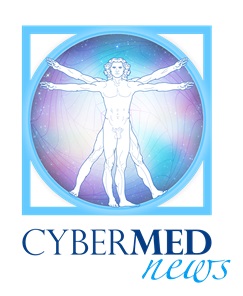 Share on Facebook
Share on Facebook
By Vytenis Andriukaitis, European Commissioner for Health and Food Safety
Today we are celebrating World Food Day with a particular focus on reaching the Sustainable Development goal on Zero Hunger by 2030. The Zero Hunger Challenge was launched by the UN in 2012, and identifies the different angles we can all take to work towards our common goal: reducing food waste, promoting sustainable food systems from production to consumption, increasing access to healthy diets for all people, putting an end to rural poverty... We must all work in tandem and do what we can to attack this issue from all sides. On my end, I have made reducing food waste one of my personal and political priorities.
Food waste is an unethical misuse of valuable natural and economic resources. In a world where over 800 million people go hungry, it is unacceptable that in Europe, 88 million tonnes of food are wasted every year. This amounts to 143 billion euros per year. On top of this, the world's population increases by 80 million every year: 80 million more mouths to feed in a world that already struggles to provide for its current population. There are several ways in which we can reduce food waste, from production to consumption.
The UN Sustainable Development Goals set out the aim to halve food waste at retail and consumers level by 2030, and reduce food losses across the production and supply chains. The European Commission has put in place several initiatives to work towards this goal. The EU Platform on Food Losses and Food Waste was set up in 2016, and brings together all Member States and stakeholders to define good practice and catalyse progress in food waste. With the support of the Platform, the Commission adopted, on World Food Day last year, EU guidelines to facilitate food donation in Member States and a 3-year, EU wide pilot project is underway to promote their implementation on the ground. In April, EU guidelines were adopted to valorise the use of food, which is safe but no longer marketable for human consumption as a resource for animal feed. We are also actively examining ways to improve the use and understanding of date marking in the supply chain and by consumers, thereby reducing the associated food waste.
Now, our new challenge is to define clear measurement methodology because this is at the heart of waste prevention strategies. Thanks to the revised waste legislation, adopted in May 2018, specific measures on food waste prevention have been introduced, which will provide us with new and consistent data on food waste levels; something necessary to monitor the EU's progress towards SDG 12.3.
However, there is still much to be done. If we hope to reach our common goal of Zero Hunger worldwide by 2030 - which all Member States committed to - we need to work together to develop innovative approaches, new business models, encourage cooperation between different actors, and inspire change in individuals and households.
Let us all work together, each of us doing what we can, to make a change in the right direction and channel the available resources to those who it most, for the benefit of people and our planet.



